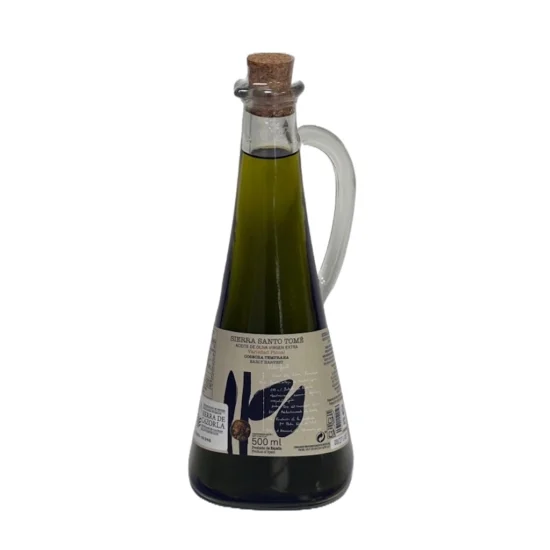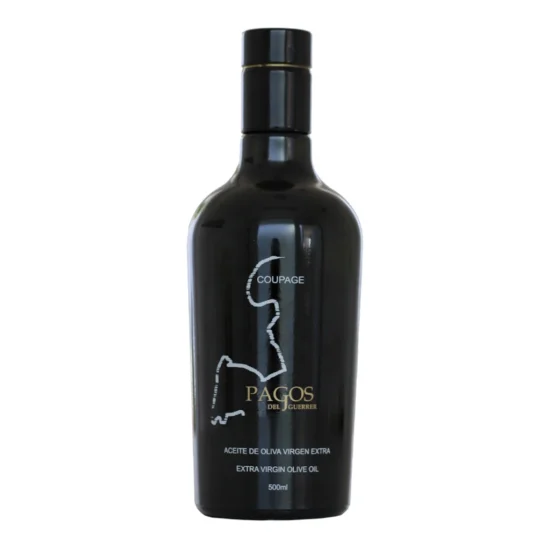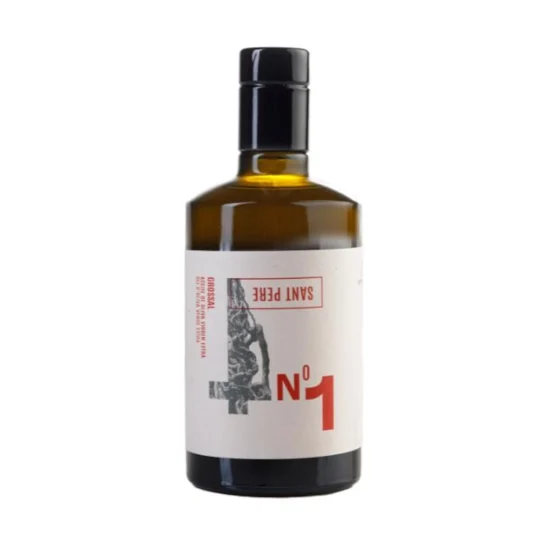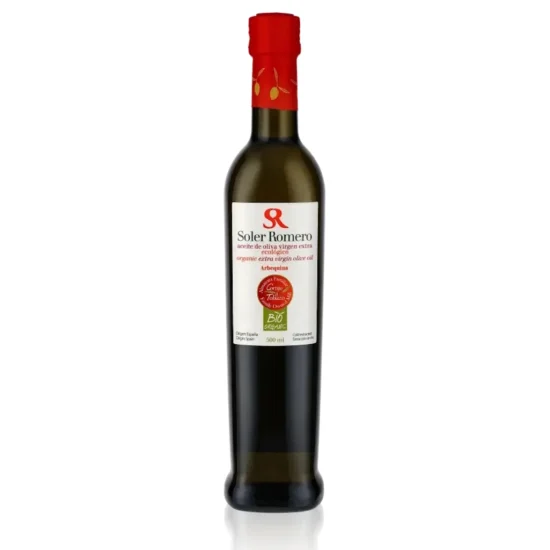
A heart-healthy diet, regular exercise, and the use of olive oil, in addition to not smoking and avoiding excessive alcohol consumption, are the tips given by Catheline Lauwers, head of the Cardiology Department at Quirónsalud Hospital in Valencia, to prevent hypertension.
On the occasion of World Hypertension Day, which is celebrated this Tuesday, May 17, the expert pointed out that hypertension is one of the main causes of strokes, heart attacks, and kidney failure. According to a statement from Quirónsalud, in Spain it is estimated that there may be more than 18 million people with varying degrees of hypertension, which represents 38 percent of all Spaniards, of whom four out of ten are unaware of their condition.
According to Lauwers, hypertension does not present symptoms, so it is very common for a significant percentage of patients to be unaware of their condition. “If symptoms are present,” said José Nieto, head of the Cardiology Department at Quirónsalud Hospital in Murcia, “these may include headaches, nausea or vomiting, difficulty breathing, chest pain, confusion, vision problems, or nosebleeds.”
Regarding the causes, Rafael Florenciano, head of the Cardiology Department at Quirónsalud Hospital in Torrevieja, indicated that they are unknown except in a small percentage of cases, where hormonal or vascular causes may be found.
“It is true,” the specialist explained, “that there is a significant genetic component, since hypertensive parents have hypertensive children,” which supports the estimated heritability of 35 to 50%. Quirónsalud specialists warn that persistently high blood pressure levels affect the body from multiple perspectives.
“At the arterial level,” Nieto noted, “it causes thickening and stiffening of the vessel walls, which affects the heart, brain, and kidneys. If it occurs suddenly, it can lead to a heart attack or stroke.” “It can also cause arterial dilation or rupture, potentially leading to cerebral hemorrhage or an aneurysm.”
For treatment, Dr. Florenciano recommends following pharmacological guidelines if recommended by your doctor, as well as following a low-salt diet and exercising regularly.
According to new research, olive oil production could have antioxidant benefits and support exercise. The study, led by nutrition researchers at Anglia Ruskin University (ARU) and published in the journal Nutrients, is the first to examine the benefits of natural olive water for athletes.
Olive water is a waste product derived from olive oil production. Olives contain polyphenols that have antioxidant properties, and olive water contains several phenolic compounds and is particularly rich in hydroxytyrosol.
The first study of its potential benefits for exercisers involved 29 recreationally active participants who consumed olive water or a taste- and appearance-matched placebo for 16 consecutive days and found positive effects on several key markers of running performance.
In particular, wastewater consumption improved respiratory parameters at the start of exercise, as well as oxygen consumption and running economy at lower intensity levels (lactate threshold 1).
In contrast, respiratory parameters at higher intensities (lactate threshold 2) were largely unaffected, but perceived exertion (how hard participants thought they were working) improved, as did acute recovery after incremental exercise.
Lead author Dr. Justin Roberts, Associate Professor of Nutrition for Health and Exercise at Anglia Ruskin University (ARU), stated that to obtain similar benefits from olives, one would have to consume large amounts daily, which is unrealistic, so it was decided to test concentrated olive wastewater. In particular, this water, like olive oil, contains hydroxytyrosol.
In summary, 16 days of supplementation with this wastewater could have a positive influence on aerobic exercise, especially at submaximal levels. The reduction in oxygen consumption and improved running economy, as well as improvements in acute recovery, indicate that it could potentially benefit the athlete.Those who engage in regular aerobic exercise training.
However, further research at Anglia Ruskin University will be needed to corroborate these findings, and in particular, to investigate whether this product can be used for marathon training and recovery, as well as to test its effectiveness in suppressing exercise-associated inflammation.
Important Note: aceitedelcampo.com promotes the consumption of extra virgin olive oil for its culinary qualities and health benefits. However, no medication or current treatment should be replaced without the guidance of a healthcare professional.




ALZAYT EXPORT SL
info@aceitedelcampo.com
C/ Eduardo Bosca 19, 2-5
46023 Valencia
Subscribe and receive a coupon by email for your next purchase.